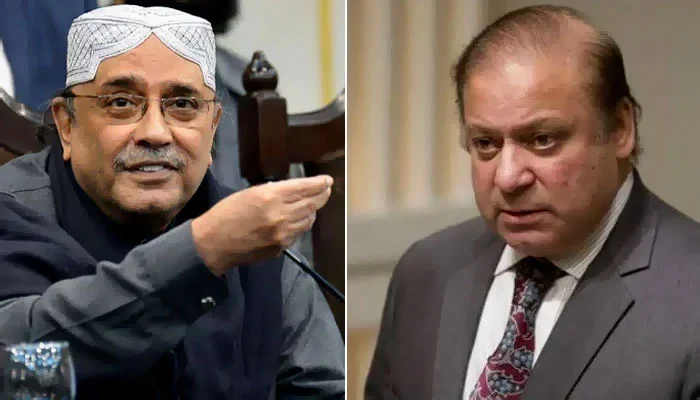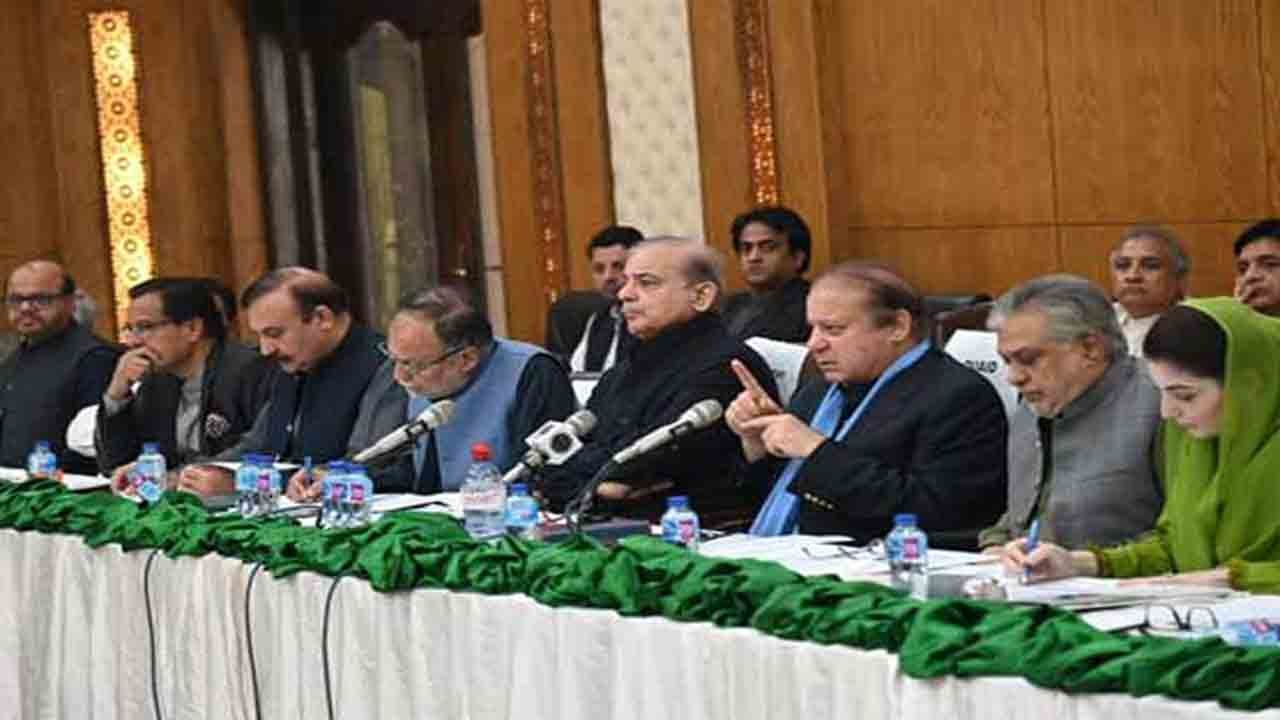The National Accountability Bureau (NAB) in Pakistan has recently reopened 80 corruption cases involving prominent politicians, including former Prime Minister Nawaz Sharif, former President Asif Ali Zardari, and other influential figures. This move comes as a significant development in Pakistan’s ongoing efforts to combat corruption within its political elite.
According to reports, the NAB has written to the Registrar of Accountability Courts in Islamabad, seeking the reopening of these cases. The NAB’s decision to reopen these cases is based on Supreme Court rulings, signaling a renewed commitment to holding individuals accountable for corruption.
Among the cases that have been revived are those involving former Chief Minister of Sindh, Murad Ali Shah, and former Prime Minister Shahid Khaqan Abbasi. Additionally, a case related to the alleged accumulation of assets beyond means has been initiated against former Finance Minister Ishaq Dar.
Former President Asif Ali Zardari faces revived cases related to fake bank accounts, while former Prime Minister Raja Pervez Ashraf is confronted with a rental power case that has been reopened. Furthermore, cases concerning luxury vehicles in the possession of Nawaz Sharif, Asif Zardari, and former Prime Minister Yousaf Raza Gillani have also been resurrected.
This development is significant for several reasons. First, it underscores the commitment of Pakistan’s institutions, particularly the NAB, to tackle corruption head-on, even if it involves high-profile politicians. It demonstrates that the rule of law is being upheld and that accountability is not reserved for the lower echelons of society.
Second, the reopening of these cases could have far-reaching political implications. Nawaz Sharif, the leader of the Pakistan Muslim League-Nawaz (PML-N), and Asif Ali Zardari, the co-chairman of the Pakistan Peoples Party (PPP), have been influential figures in Pakistani politics. Their potential legal troubles may reshape the political landscape and create opportunities for emerging leaders.
Third, this development sends a strong message to the international community about Pakistan’s commitment to combating corruption. It may improve the country’s standing in the eyes of international organizations and investors, potentially attracting much-needed foreign investment.
However, it’s important to note that these cases are not guaranteed to result in convictions. Legal proceedings can be lengthy and complex, and the accused individuals have the right to defend themselves in court. Nevertheless, the reopening of these cases signifies a significant step forward in Pakistan’s ongoing battle against corruption and the pursuit of justice at the highest levels of government. It remains to be seen how these cases will unfold and what impact they will have on Pakistan’s political landscape.



